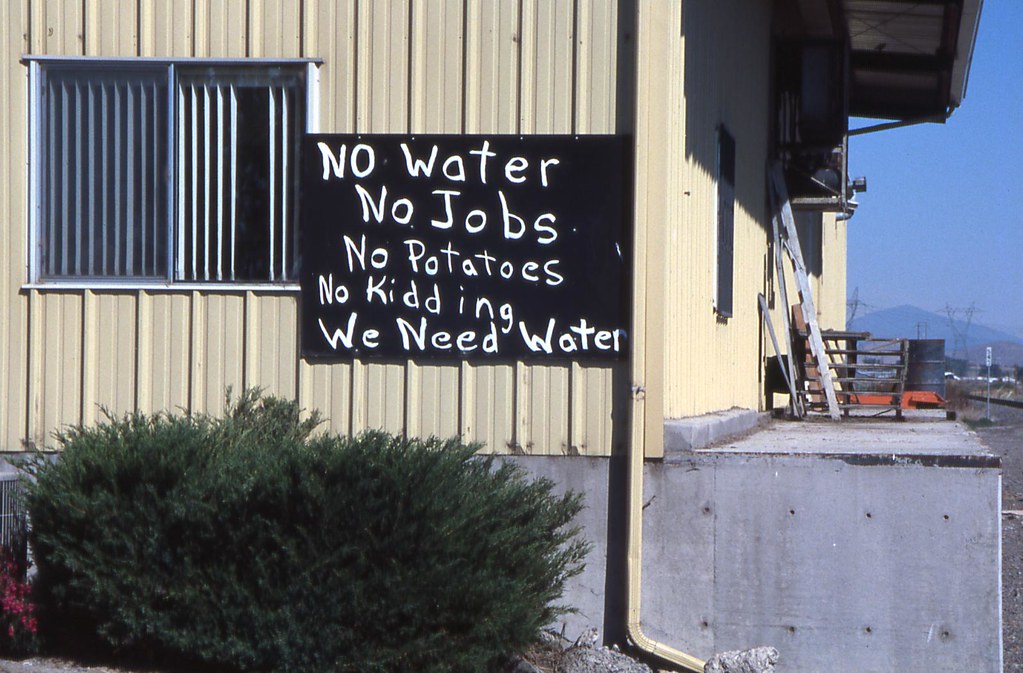 |
| Source:Oregon Department of Agriculture via Flickr |
Angela Yeh, Climate and Energy Project Officer at
Delta Electronics Foundation
Both the state of California and several cities in Taiwan have issued water rationing in the last few weeks. A quick google search will tell you that these two places are not alone in the fight against droughts – in fact, some parts of Africa and South America are facing the dire water shortage problem as it threatens the people’s basic livelihoods. In São Paulo for example, the economic heart of Brazil, the word ‘water refugee’ has emerged to describe population relocation as a result of droughts.
Although a certain degree of drought can be attributed to meteorological cycles, the persistence, severity and inconsistencies of droughts across the globe, is without a doubt, a product of anthropogenic climate change. Nevertheless, there are country-specific problems that have led to not only the inevitability of drought, but the exacerbation of it.







